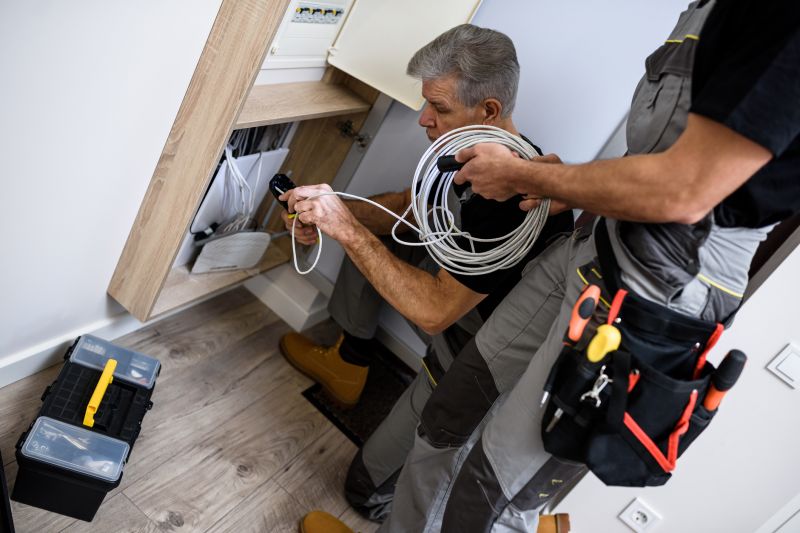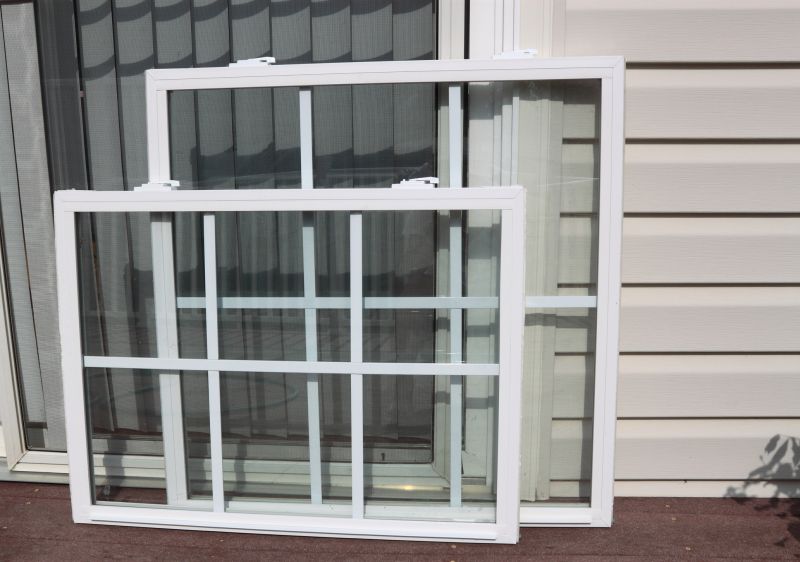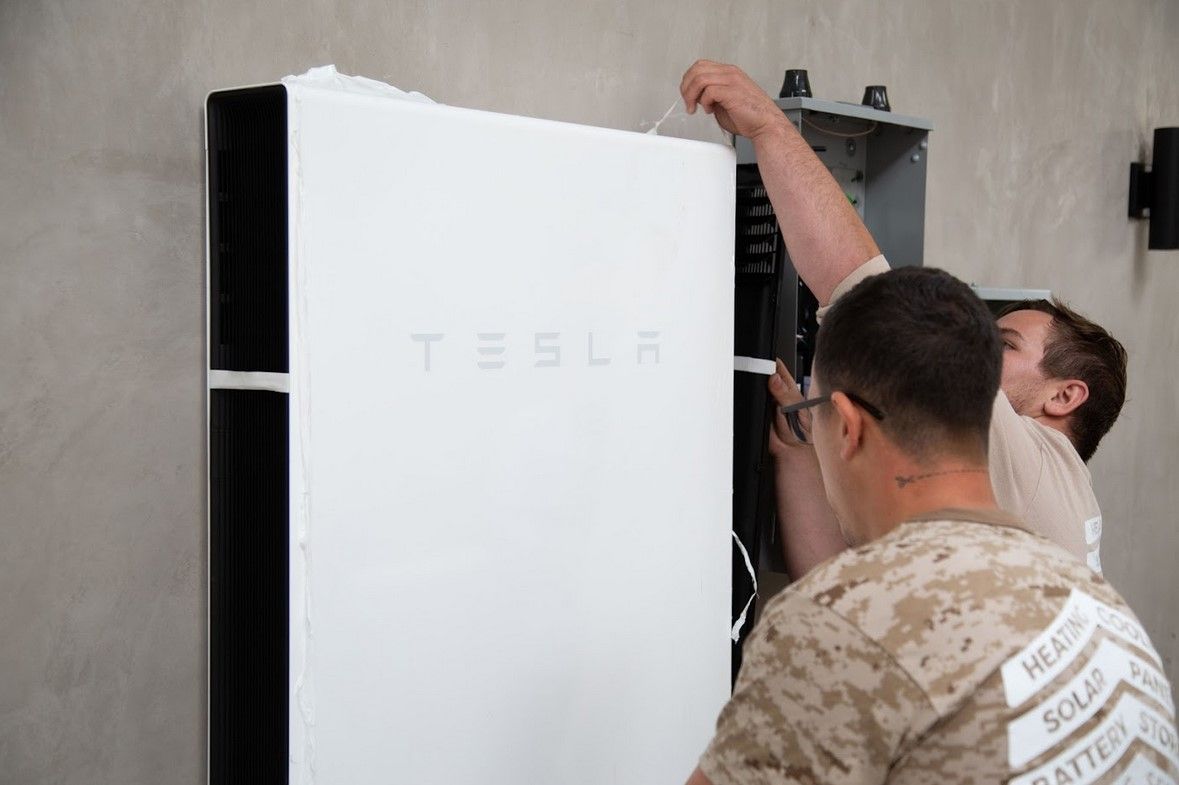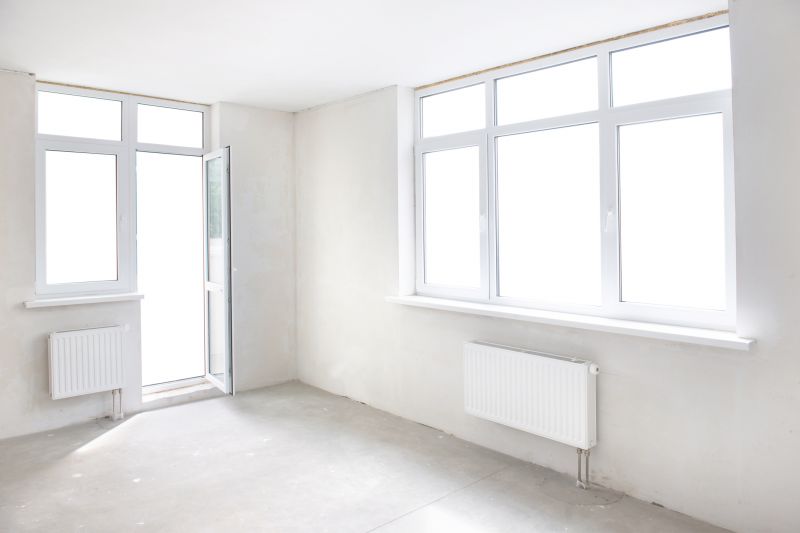Optimal Timing for Windows Installations
Choosing the optimal time for Windows installations can impact system performance and minimize disruptions. Factors such as workload schedules, hardware readiness, and seasonal considerations play a role in determining the best timing. Proper planning ensures a smoother process and reduces potential downtime.
Perform installations during evenings or weekends to avoid business interruptions and ensure technical support availability.
Schedule installations after confirming hardware compatibility to prevent delays and technical issues.
Complete backups prior to installation during times when data changes are minimal to ensure data safety.
Avoid peak operational seasons to reduce the impact of potential issues during critical periods.

Technicians performing a Windows setup on a desktop computer.

Tech professional checking hardware components before installation.

Backing up data prior to Windows installation.

Support technician assisting with Windows setup.

Testing software after Windows installation.

Configuring system settings after Windows setup.

Training user on new Windows features.

Connecting Windows device to network.

Optimizing Windows performance post-installation.
| Timing Factor | Impact |
|---|---|
| Off-Peak Hours | Reduces operational disruption and allows for support availability. |
| Hardware Compatibility Checks | Prevents delays caused by incompatible components. |
| System Backup Timing | Ensures data safety and quick recovery if needed. |
| Seasonal Considerations | Avoids high-demand periods to minimize impact. |
| Update Cycles | Ensures compatibility with latest security patches and features. |
| User Availability | Scheduling when users are available for testing and feedback. |
| Maintenance Windows | Utilize designated maintenance periods for minimal business impact. |

Technician installing Windows on a desktop.

Hardware components prepared for Windows setup.

Data being backed up before installation.

Support technician guiding through Windows setup.

Testing system stability after Windows installation.

Adjusting system settings post-installation.

User being trained on new Windows features.

Connecting Windows device to network.

Enhancing Windows performance after setup.

Configuring security features on Windows.

Ensuring system readiness after installation.

Providing post-installation support.
Windows installations are a critical process for maintaining system performance and security. Proper timing ensures minimal disruption to daily operations and allows for comprehensive testing and support. Scheduling during off-peak hours, ensuring hardware compatibility, and completing data backups are essential steps for a successful installation. Additionally, understanding seasonal and operational cycles helps in choosing the most appropriate time for system upgrades.
Statistics indicate that 65% of system failures or issues during installations occur when procedures are rushed or scheduled without proper planning. Proper timing and preparation can significantly reduce downtime and technical problems, ensuring that systems operate efficiently and securely after the upgrade.

Technician performing Windows installation.

Assessing hardware before installation.

Backing up data prior to setup.

Providing assistance after setup.

Ways to make Windows Installations work in tight or awkward layouts.

Popular materials for Windows Installations and why they hold up over time.

Simple add-ons that improve Windows Installations without blowing the budget.

High-end options that actually feel worth it for Windows Installations.
Interested in scheduling a Windows installation? Filling out the contact form can help determine the best timing for specific needs and ensure a smooth upgrade process tailored to operational schedules.


